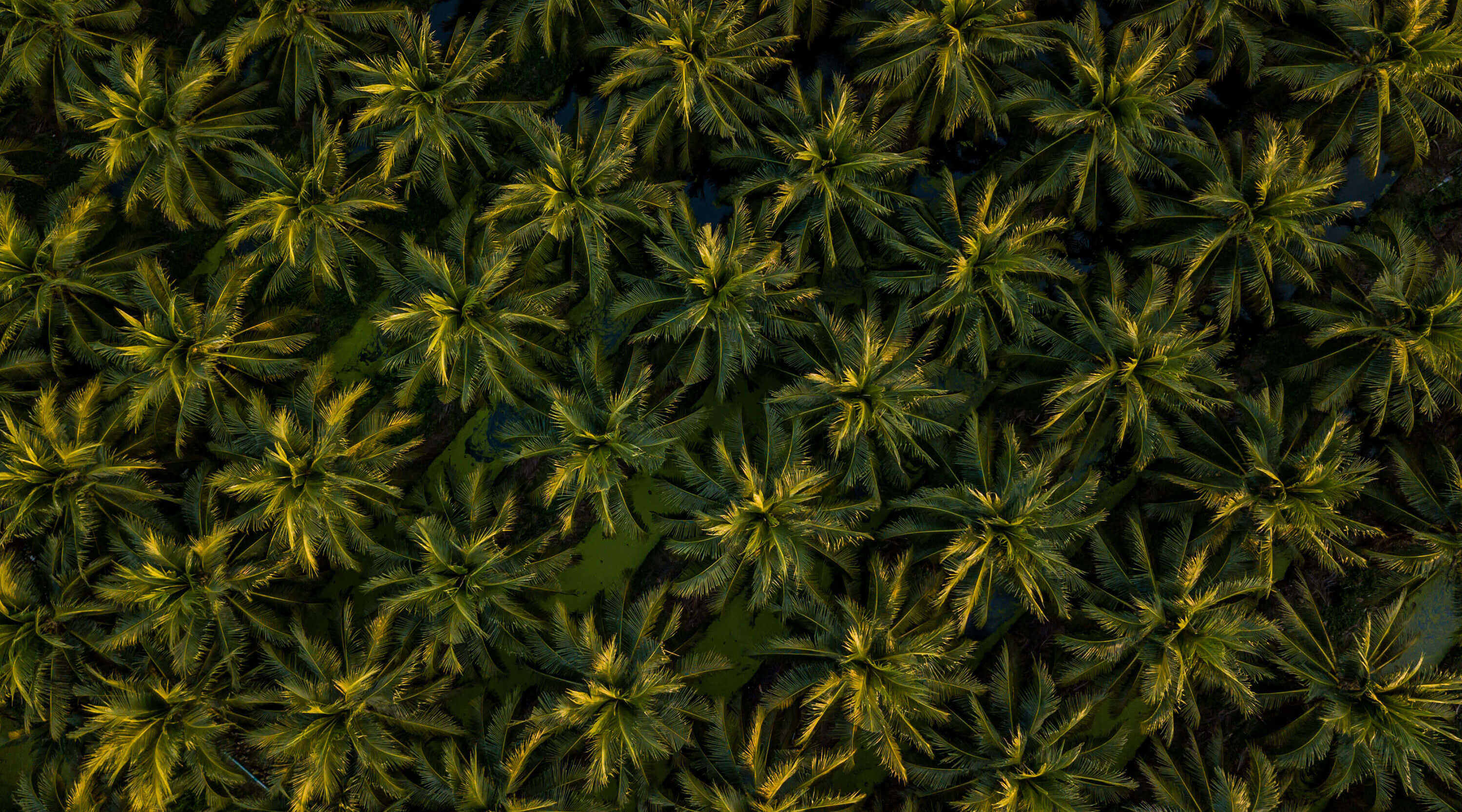Challenge
The collaboration had to work to make the EO data usable to meet the needs of a range of stakeholders, including those dependent on the natural environment.
This project focused on a number of key challenges:
- Tracking the growth and health of important vegetation.
- Providing reliable data to ensure correct subsidy payments to farmers.
- Maximising data production efficiency and value from satellite EO data.
- Creating an interoperable machine-to-machine data storage capability and strategy aligned with other Dubai data initiatives.
Solution
As palm trees and mangroves have cultural and economic value in Dubai, Ordnance Survey and Deimos Space UK developed a prototype palm tree and mangrove feature for EO data using state-of-the-art deep learning techniques.
This supported the development of an interoperable data model to easily share data with other government departments and inform decisions.
A Spatial Data Infrastructure Strategy for MBRSC was also created to ensure data aligns with the latest developments in the Dubai Spatial Data Infrastructure and the wider Dubai geospatial sector.
The project was supported by the UK Space Agency and UK Department for Business, Energy and Industrial Strategy (BEIS) as part of the Gulf Science, Innovation and Knowledge Economy Programme.
"The conservation of natural resources is a global concern, geospatial data often reveals the simplest answers to many of the world’s most complex questions. In the UAE natural resources, rising population, high energy demands and climate change are very real challenges. The UAE’s Ministry of Climate Change and Environment requires this reliable up-to-date geospatial information to support the development and implementation of plans to protect the environment and manage water resources."
Result
- The automatic production of geospatial information was made possible with equivalent or greater accuracy than manual processes.
- Efficiency savings in data production (time and cost) were achieved.
- An independent, interoperable vegetation index data model allowed for more frequent data updates for better measurement and monitoring.
- Greater understanding of stakeholder requirements of MBRSC data allowed for alignment to wider Dubai initiatives such as Smart Dubai.
"Our collaboration with OS was very valuable both in terms of developing technical capability and exploring new business opportunities."
